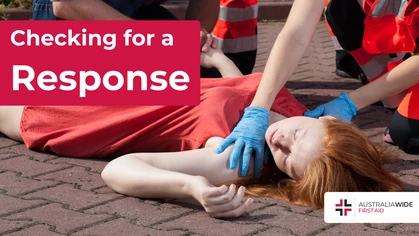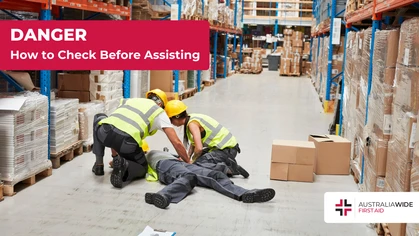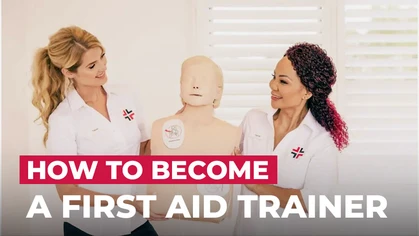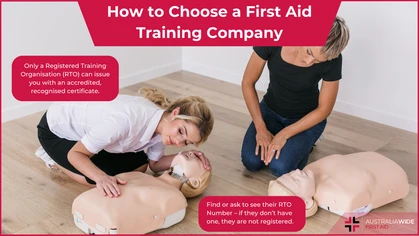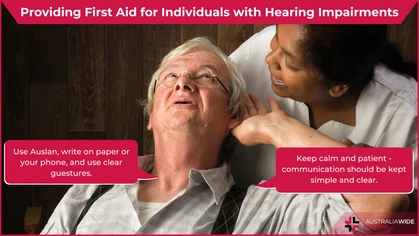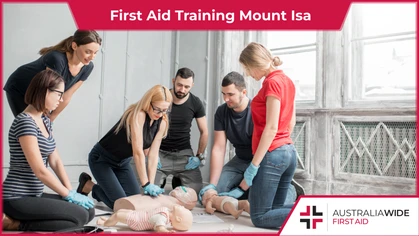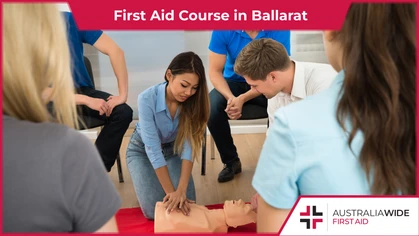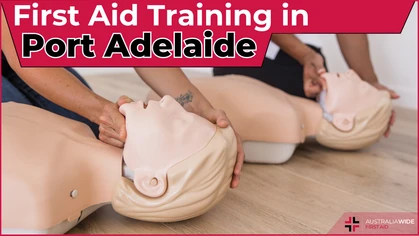6 Safety Tips for Child Care Workers

First Aid Training

Can you see the risks in this simple activity
Workers in schools and daycare centres including teachers, school administrators, and other child care professionals — are entrusted with parental responsibilities. Prominent among those responsibilities is a duty to make sure children at the establishment avoid injury and illness. Beyond planning lessons and supervising playtime, day care and education professionals devote time to ensuring the health and safety of their wards. With that goal in mind, here are 6 tips aimed at making safety and good health security in child care and educational settings more achievable.1. Refresh your first aid credentials
Child care workers in Australia are required to have advanced credentials in first aid — namely in the management of asthma and anaphylaxis — as mandated by the Australian Children’s Education and Care Quality Authority (ACECQA). The course to satisfy this requirement is HLTAID012 Provide First Aid in an education and care setting. Along with learning techniques specific to providing first aid for children and infants, this training also includes how to engage effectively and responsibly with fellow care staff, parents, and medical personnel. Investing in this course takes care of your professional obligation. Better still, it will allow you to respond competently and confidently when it comes to taking care of the children in your charge.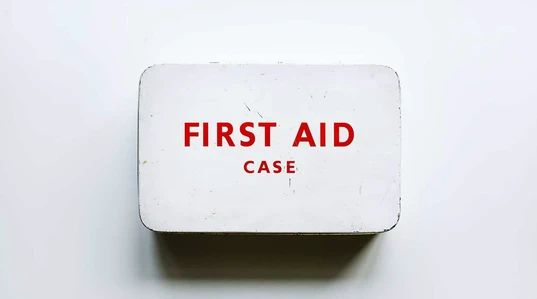
2. Replenish your first aid kits
Keeping emergency first aid kits on hand is sound practice at schools and daycare centres. Usually, this means at least one kit per floor, plus portable kits for sanctioned activities, such as field trips. Make it a weekly routine to check these kits to make sure that restocking of bandages, ointments, medicines, clean water, and the like, is done in timely fashion.3. Keep your environment free from clutter
Foster a culture of tidiness among your colleagues and your wards. School supplies, books, and toys in disarray can quickly become safety hazards. Everyone, young and old, needs to be mindful and return items to their regular safe storage locations. Tidy shelves, desks and tables, and clean unobstructed floors will go a long way toward preventing accidents among both children and adults.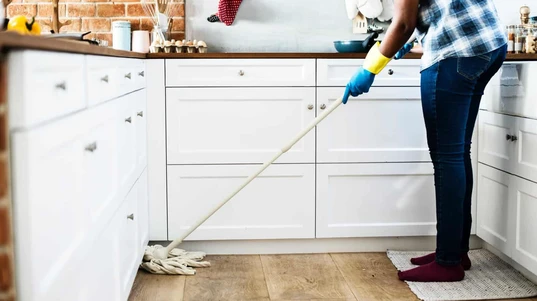
4. Sanitise surfaces, utensils, hands
Keeping things clean and sanitised is a time-tested method that is still the best way to guard against pathogenic micro-organisms which, as the COVID-19 pandemic has shown, are to be found everywhere. Teach the children to wash their hands often, especially before they eat or handle food. Day care facilities and schools should make provisions to ensure kitchen utensils and surfaces are clean and disinfected at all times. This will decrease the risk of contamination and infection.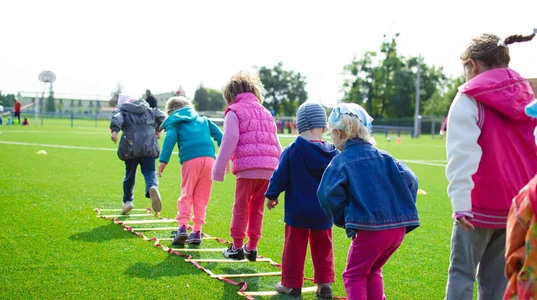
5. Supervise children at all times
Eagle eyes for supervision need to remain ever vigilant outdoors. Playground and sporting areas might convey a harmless appearance but this is where young bodies usually reach peak velocity. Children should be warned against rough play, jumping off ledges, and wandering too far from the line of vision of the adults. They may need to have sunscreen applied and require assistance to put on sun-protective clothing or accessories, such rash guards and caps.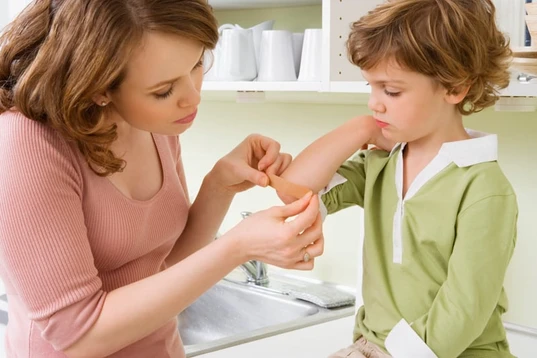
6. Age-appropriate first aid
The minimum age for accredited first aid training is 14 years. Despite that, younger people can benefit from a first aider’s sensibility being instilled with the help of a teacher or day care worker. Younger children can be taught how to keep themselves safe and to call on adults to help them in cases of emergency. Older students can help administer simple treatments and dress minor wounds, or be called on to dial Triple Zero in an emergency situations. Working in a care or education setting might sound like it’s all about taking care of others, but watching out for yourself should not be forgotten. After all, taking the best care of those in your care depends on your good health. Read more about our Child Care first aid course.
Originally published at
https://www.australiawidefirstaid.com.au/resources/6-safety-tips-for-child-care-workers
as part of the Australia Wide First Aid Articles Library
